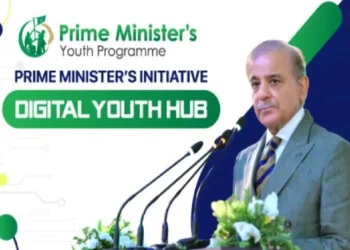ISLAMABAD; The Senate’s Joint Committee on Commerce, Finance, and Revenue, led by Senators Anusha Rahman and Saleem Mandviwalla, has put forward key recommendations to reform the Barter Trade Mechanism 2023, aiming to enhance legal and efficient trade between Pakistan and Iran, especially through the province of Balochistan.

During a recent session, the Committee identified several procedural hurdles in SRO 642(1)/2023 and directed the Ministry of Commerce to remove restrictive clauses that are obstructing cross-border commerce. One of the key recommendations includes allowing manual data submission by traders in remote areas instead of mandating registration through PSW and WeBOC—systems that are often difficult to access in underdeveloped regions.
To increase flexibility, the Committee also proposed changes to the 90-day net-off requirement—which currently compels traders to balance import and export values within a fixed period. Instead, Customs should assess and list values directly, streamlining operations and making the barter system more adaptable to real trade conditions.

Another major recommendation was to revisit the valuation process. The Committee criticized the reliance on fixed assessed values and automatic debits via WeBOC, suggesting that Customs officials collaborate directly with local Chambers of Commerce and trader groups to agree on fair, market-aligned valuations.
Additionally, the Committee supported extending the validity of barter trade authorizations from one to three years, giving traders more time for execution and planning. It also called for a more transparent and justified approach before any reduction in authorization limits by the Regulatory Collector.
To ensure fair enforcement, the Committee urged revisions to the penalty structure. Harsh measures such as blacklisting or license cancellation should be replaced with proper hearing mechanisms and proportionate responses, to promote trust and long-term business activity.
Recognizing the unique sanction environments of Iran, Afghanistan, and Russia, the Committee advised that separate barter agreements be developed for each country. While the current SRO focuses on Iran, tailored frameworks will better address individual geopolitical realities.
The Committee further approved three crucial amendments for immediate incorporation into the SRO:
- Elimination of the restricted list of tradable goods to broaden trade scope in line with the EPO and IPO.
- Removal of the mandatory “import followed by export” condition, allowing for standalone transactions.
- Inclusion of multi-party contract structures (e.g., consortiums) to promote joint private sector participation.
These reforms are designed to boost legal trade, increase private sector involvement, and uplift Balochistan’s economy while strengthening economic ties with Iran. The Ministry of Commerce was directed to begin the amendment process without delay.

























